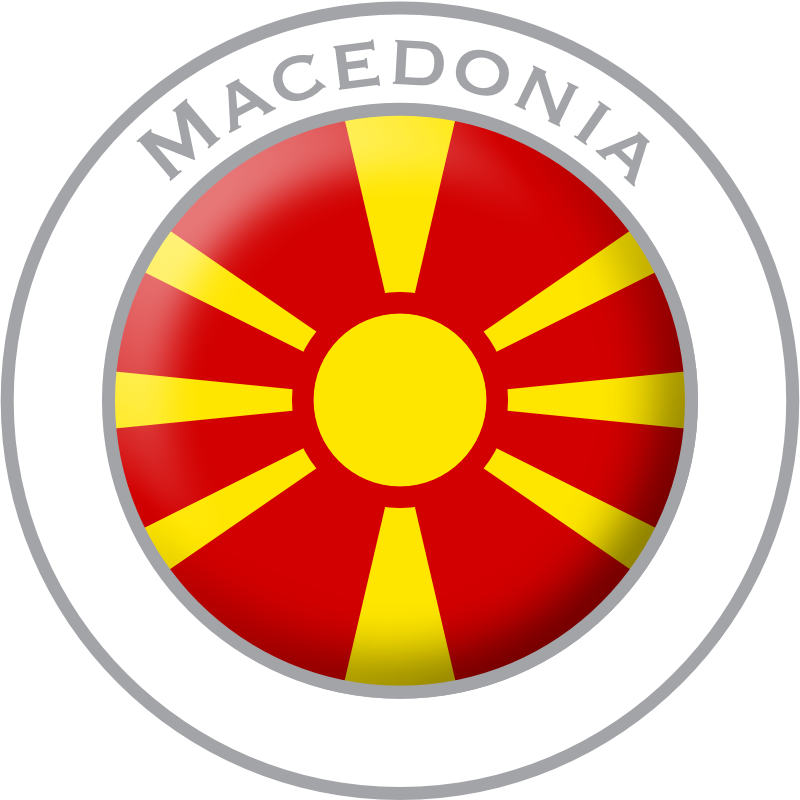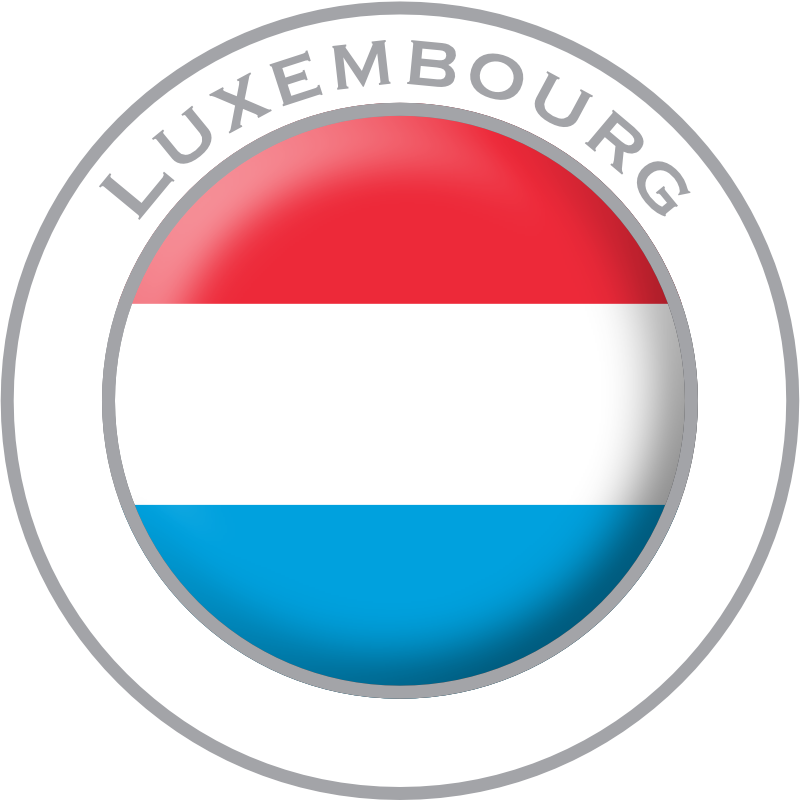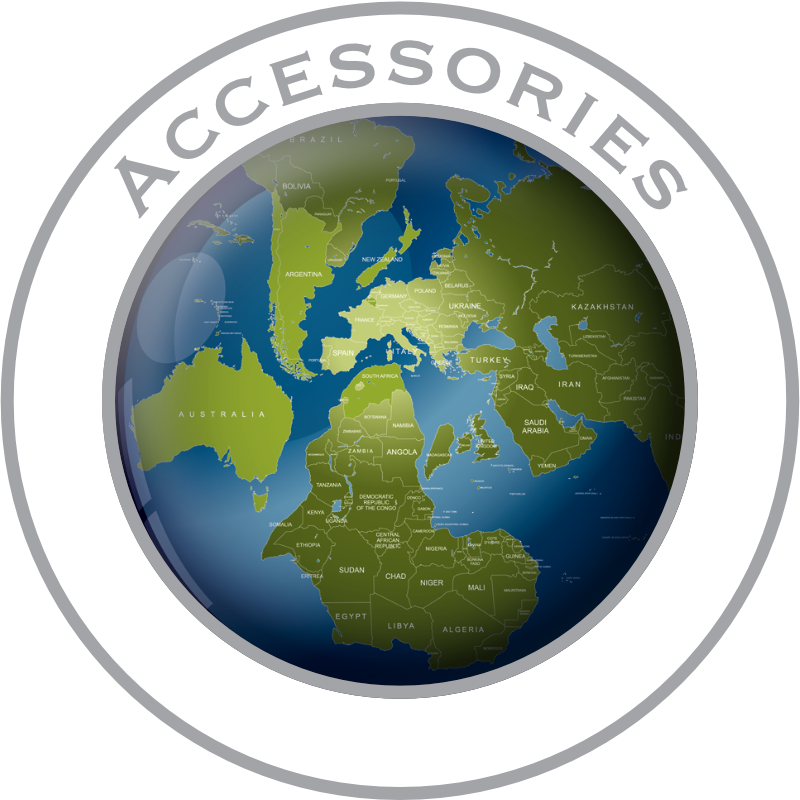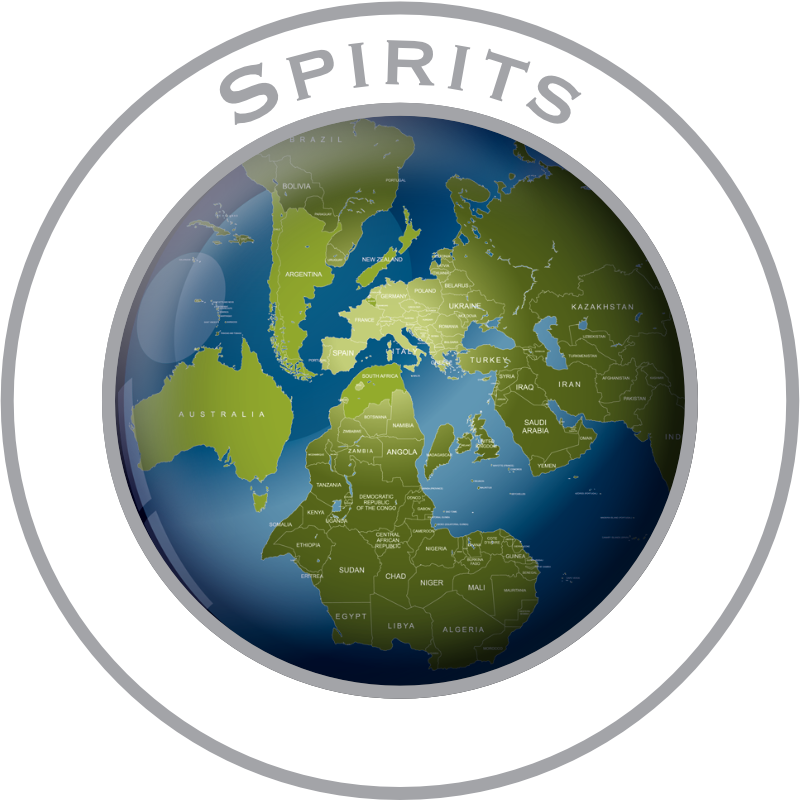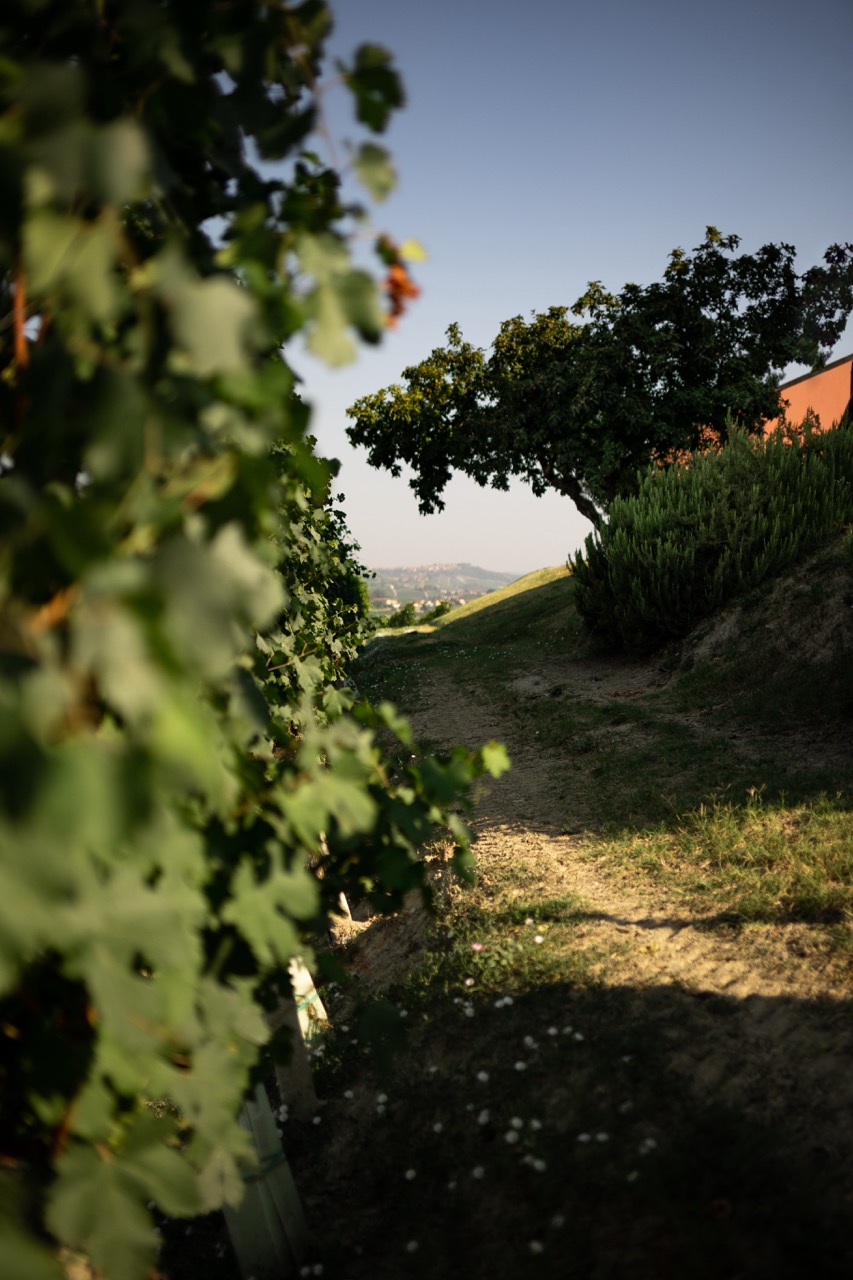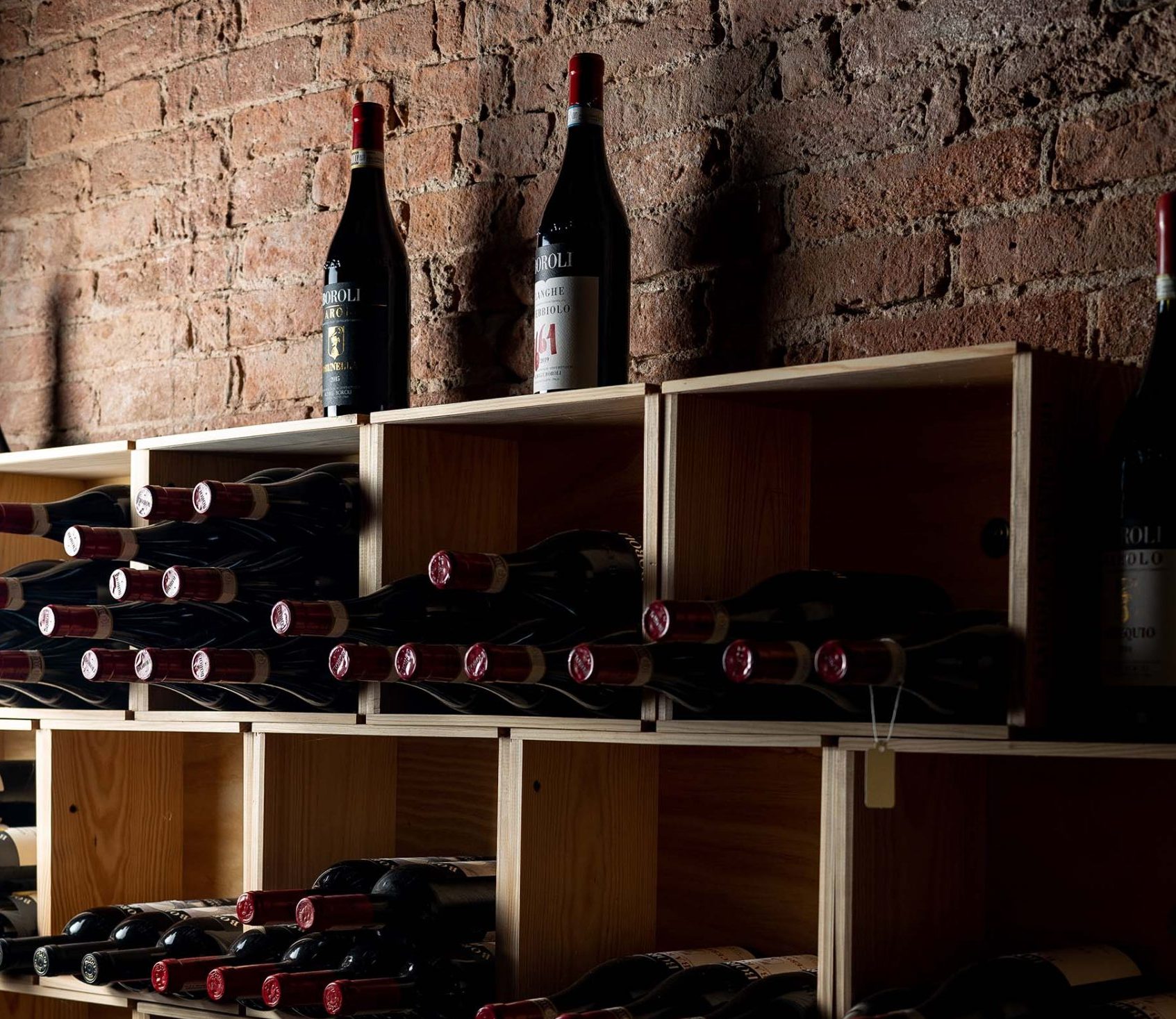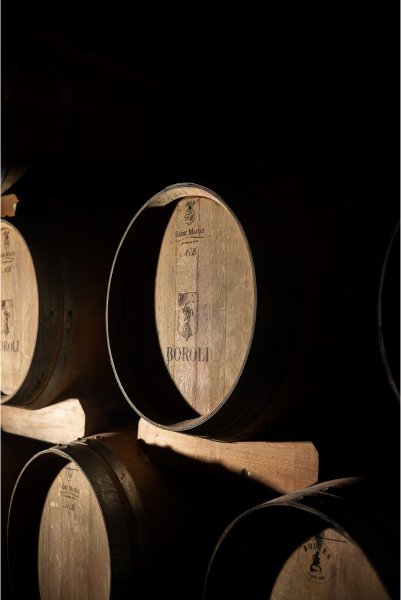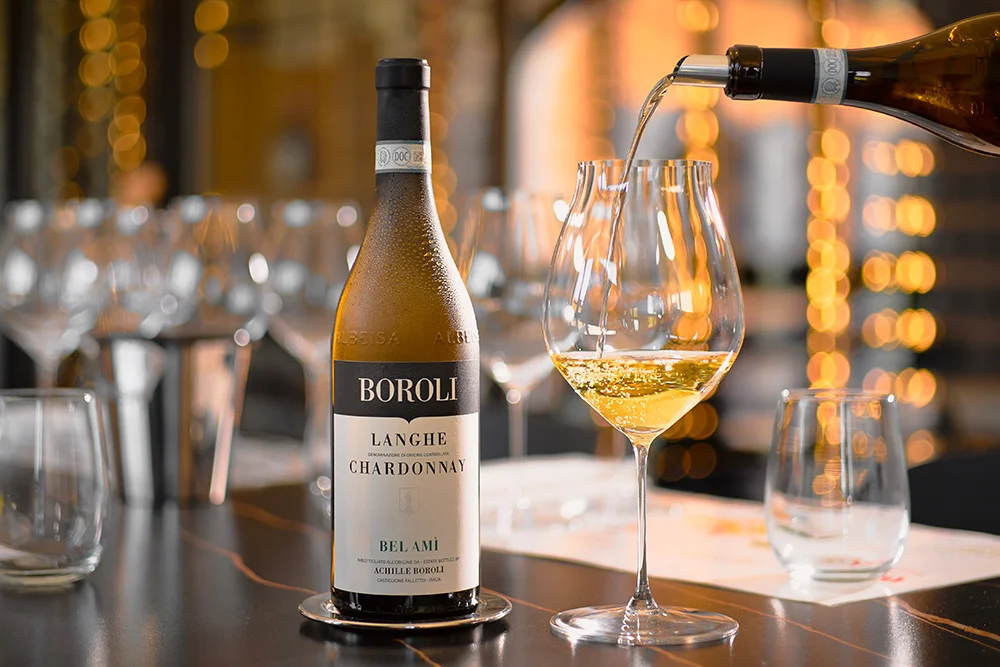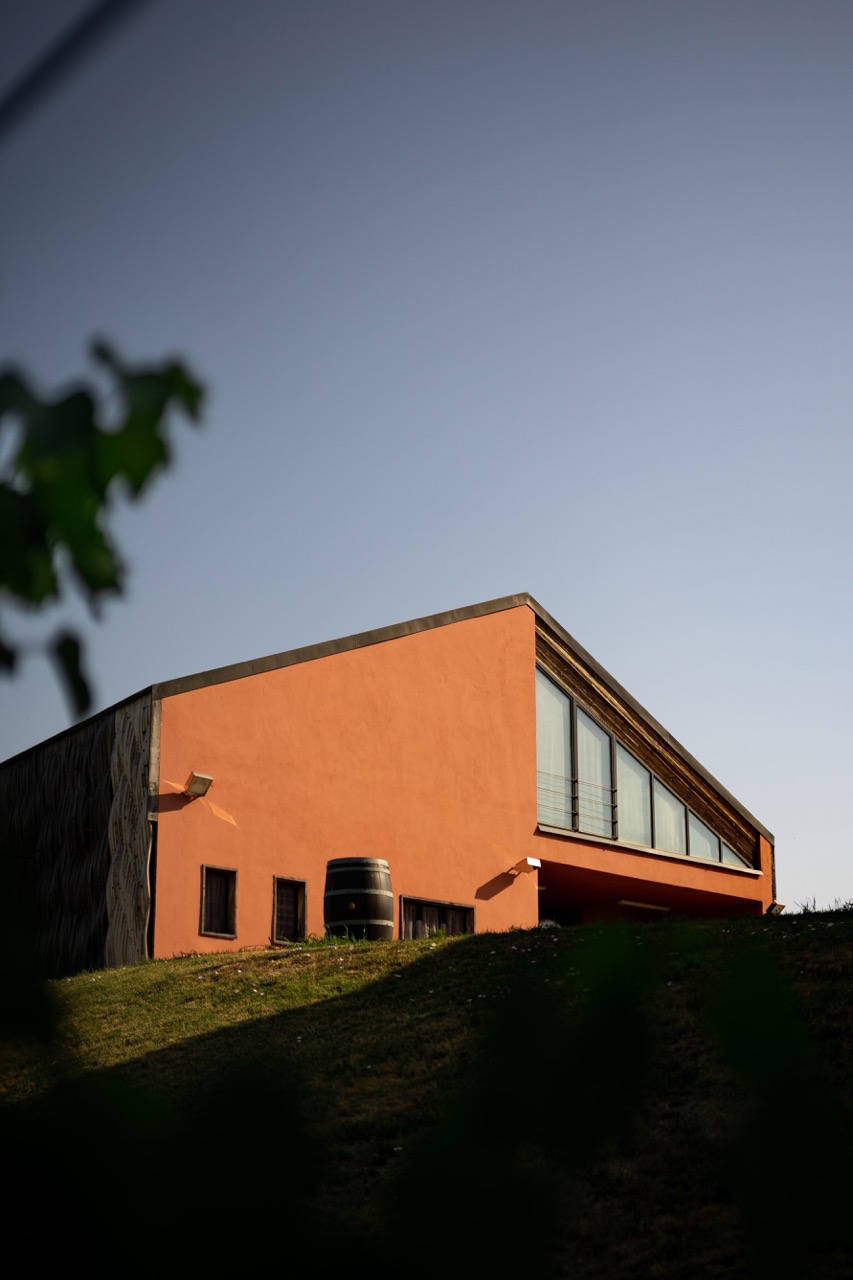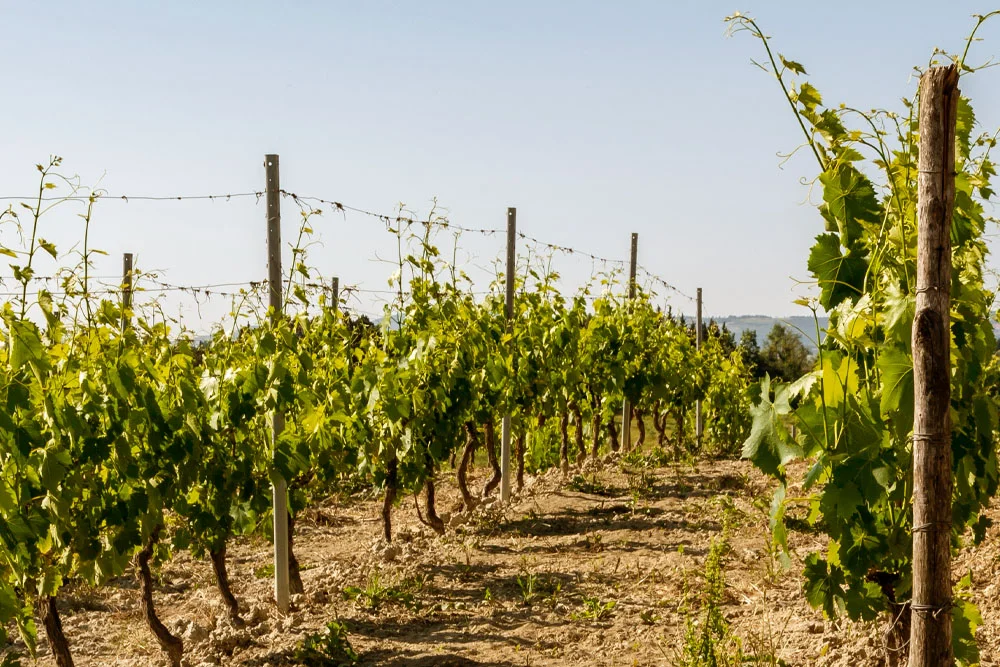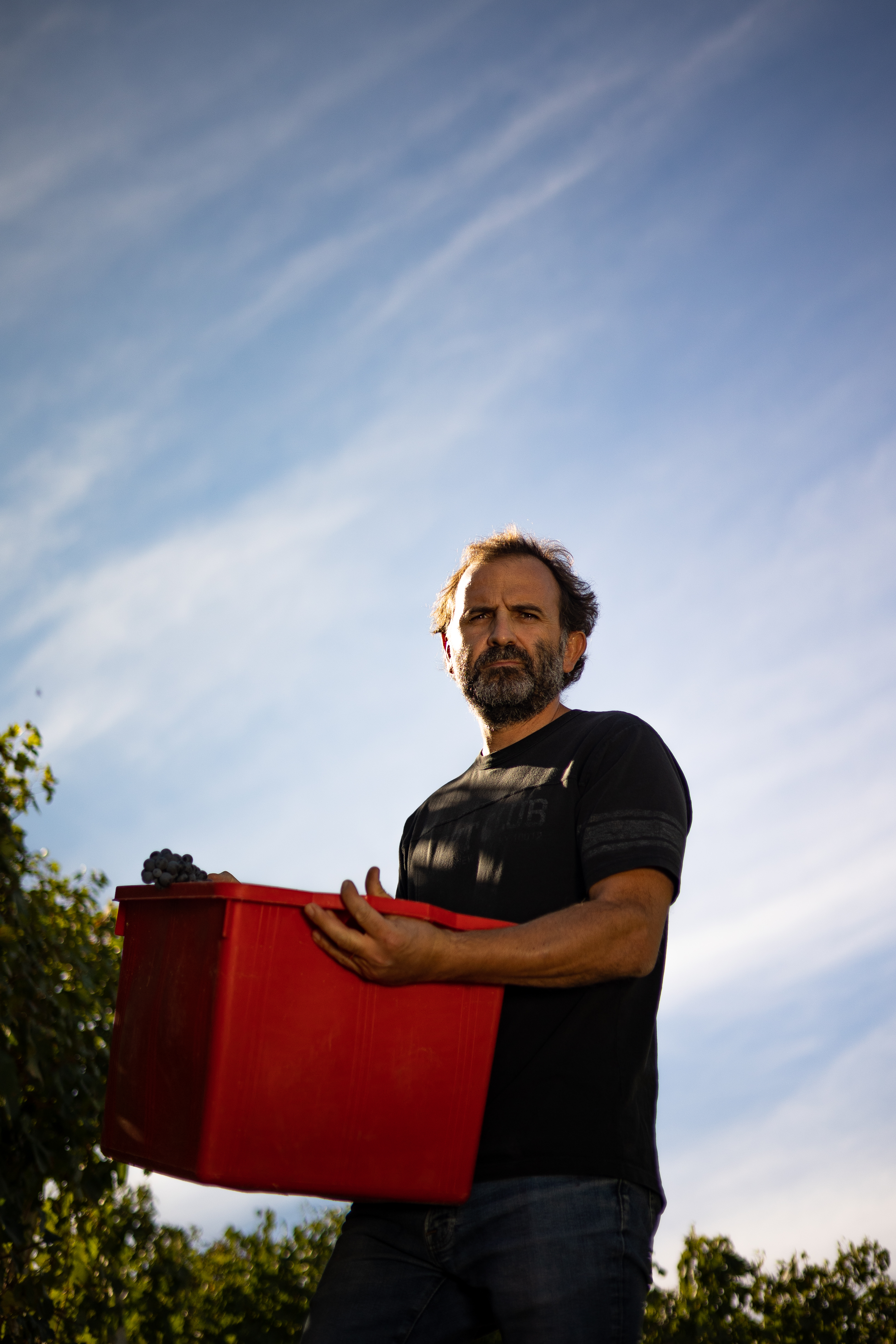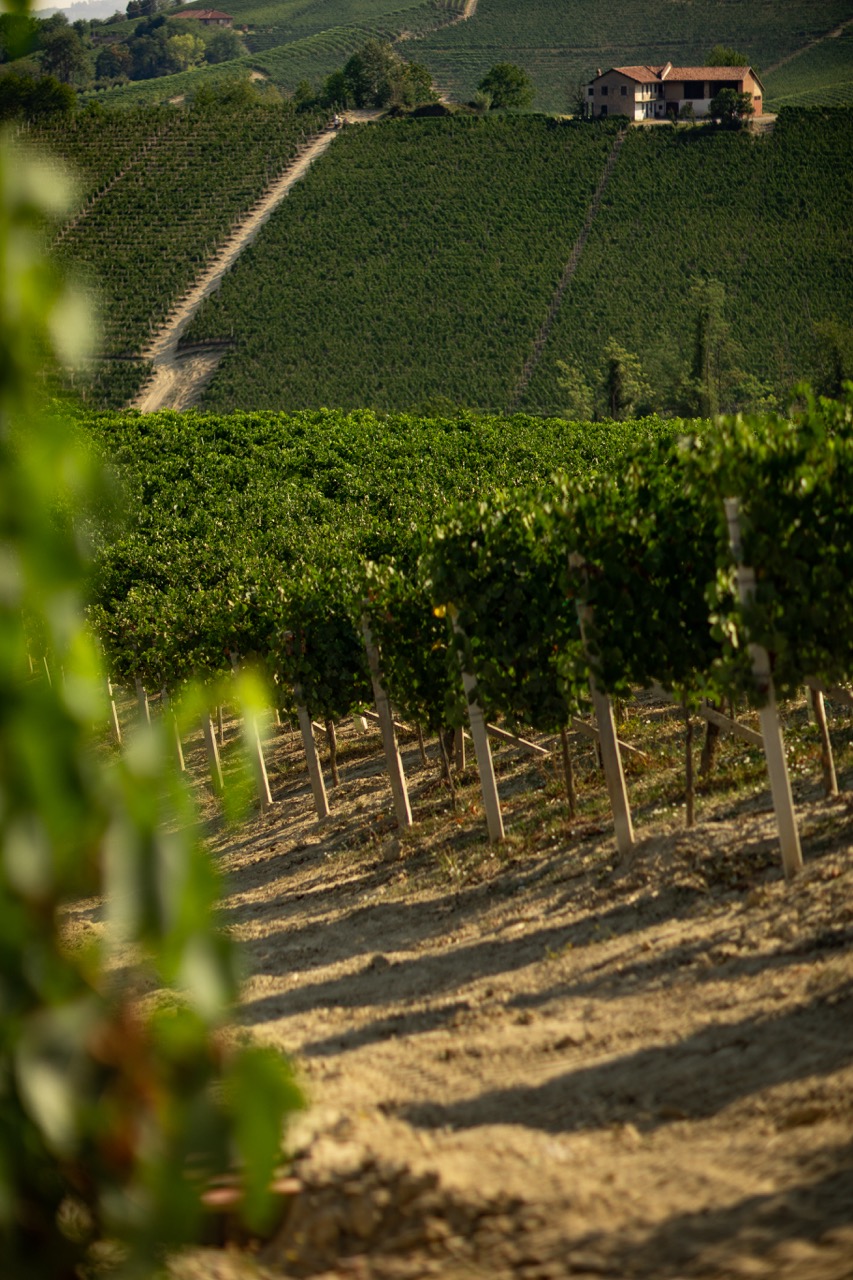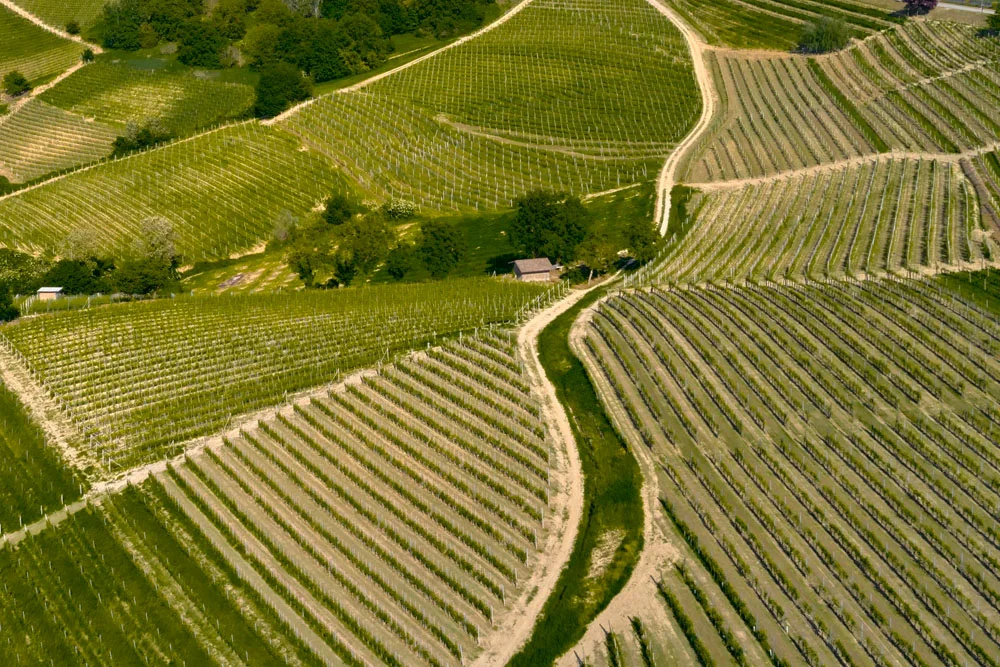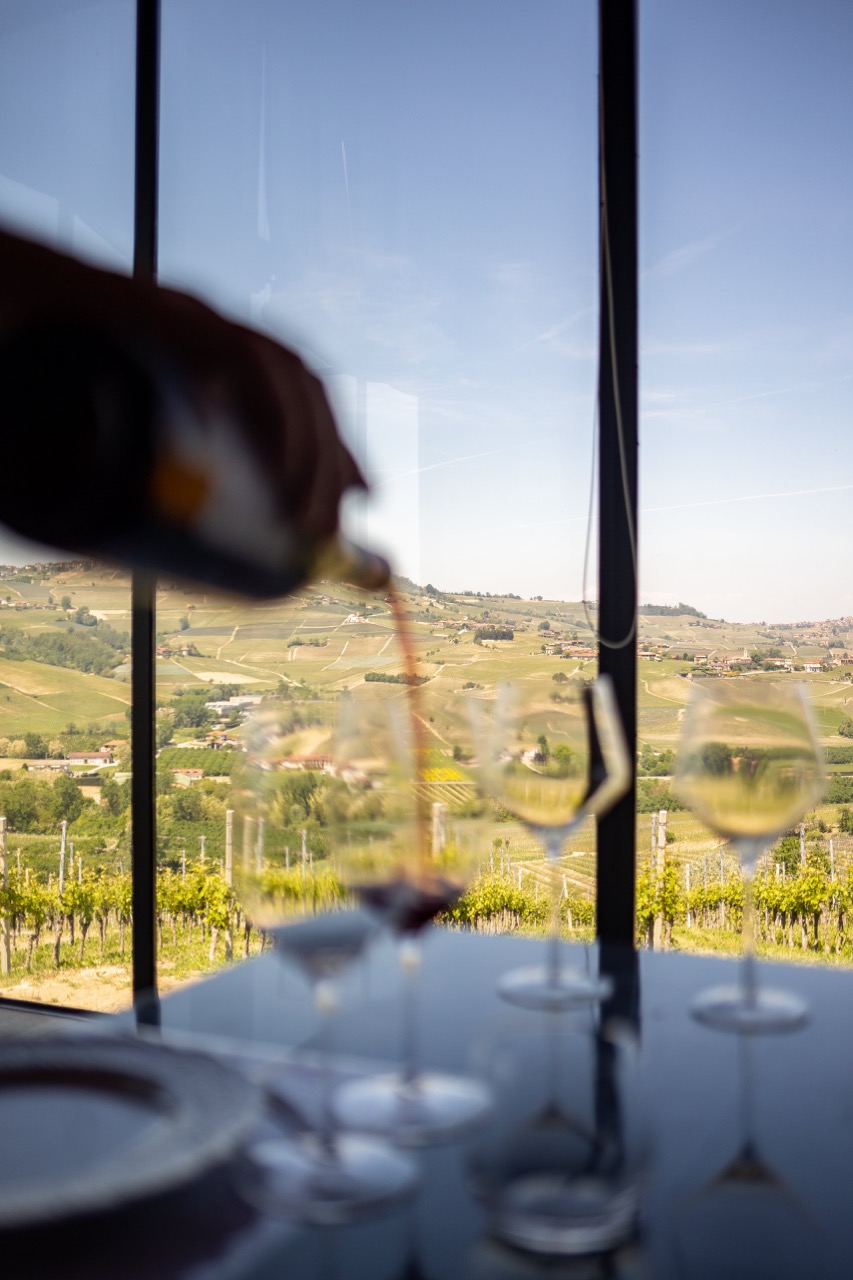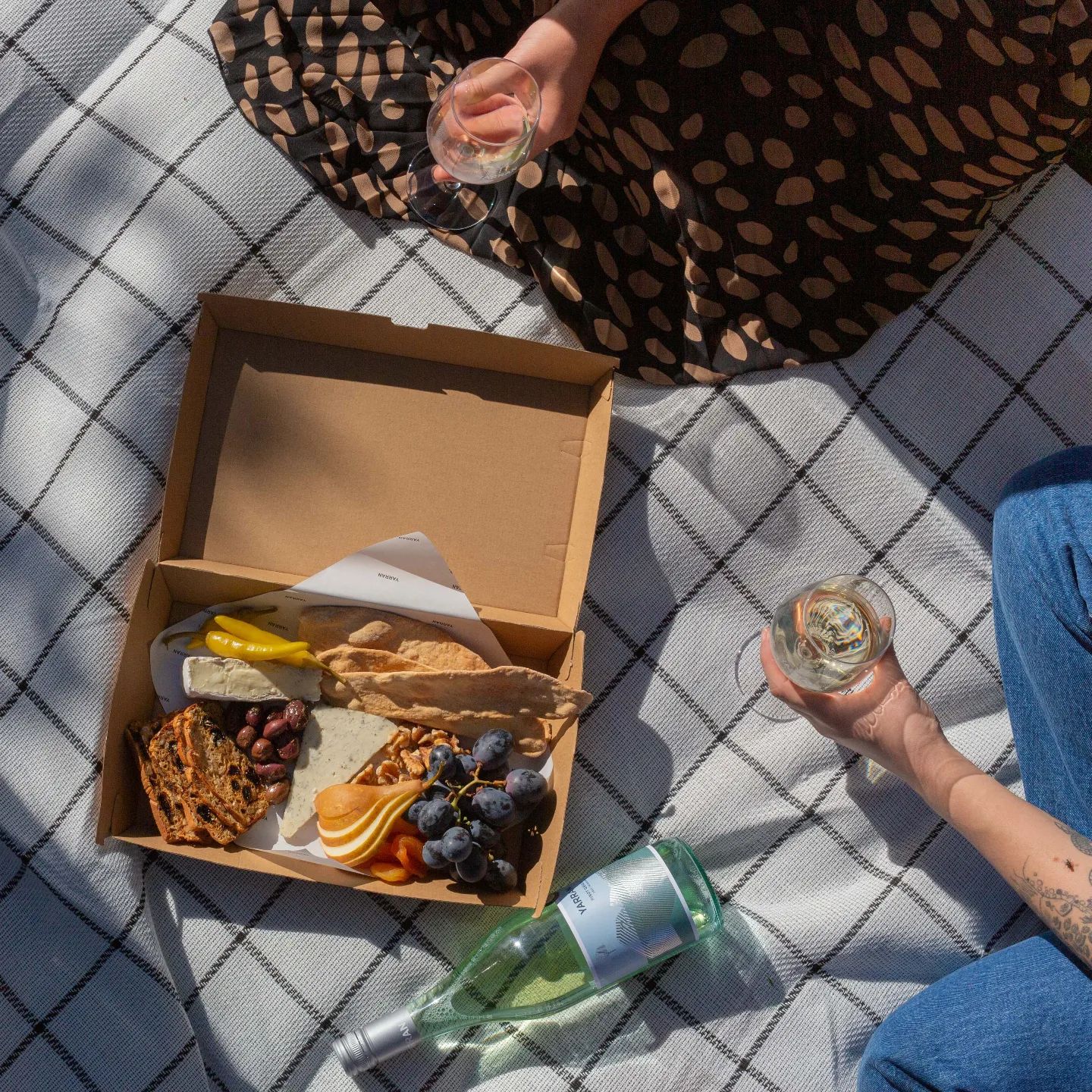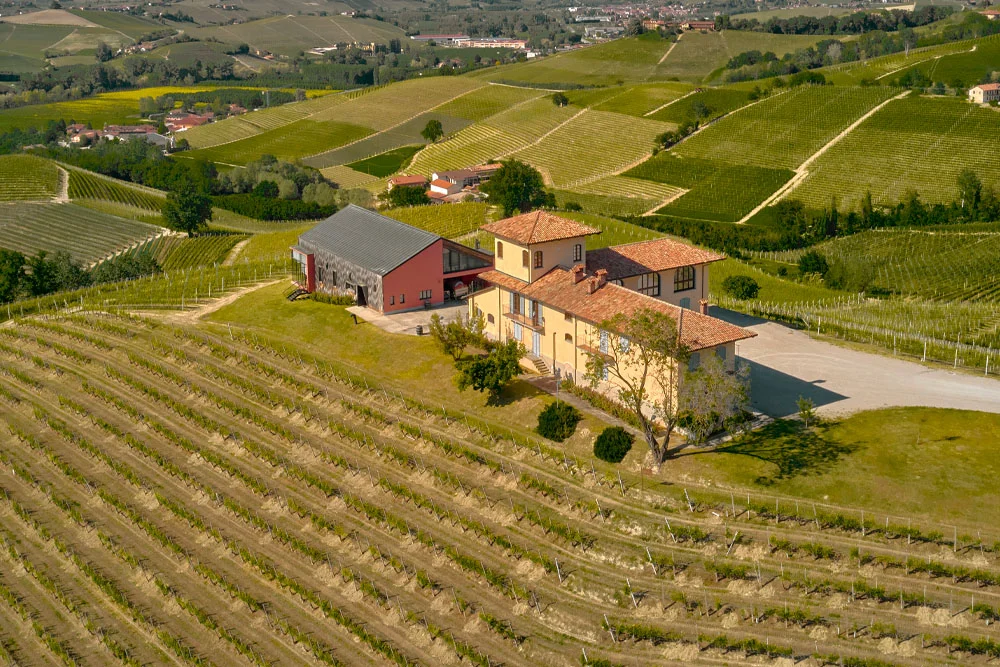Winemaker Boroli
Piemonte, Italy
Some more information about 'Boroli'
The Boroli family has roots in Piedmont dating back to 1831, but only began winemaking in 1997. Silvano and Elena Boroli wanted to escape the bustle of their publishing business and reconnect with nature.
Their son, Achille Boroli, took over in 2012 and elevated the winery by focusing on quality, low yields, and sustainable practices.
From terroir to bottle, they strive for the highest quality in producing their unique Barolo wines.
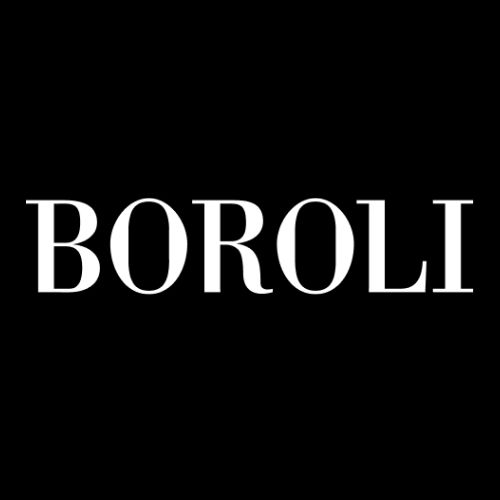
Why you’ll definitely want Boroli
in your collection:
Boroli has an excellent reputation in the wine industry and has gained worldwide recognition for the quality of its wines.
Boroli’s Barolo wines have an excellent aging potential, meaning they only improve over time.
Boroli’s vineyards are located in the prestigious Langhe region in Piedmont, a UNESCO World Heritage site renowned for its Barolo wines.
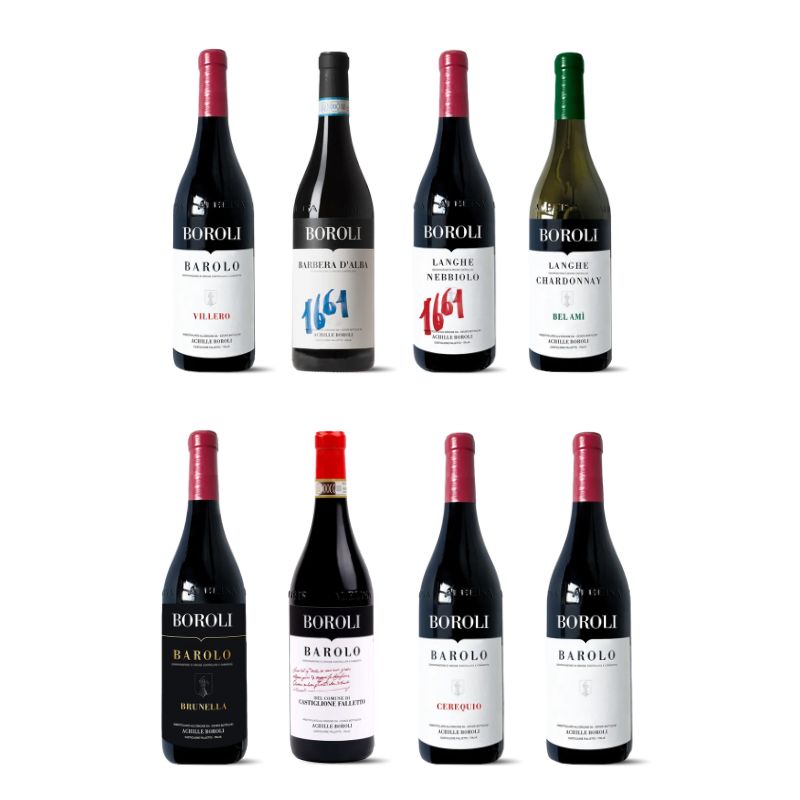
Experience the exceptional
Italian wines of 'Boroli':
Red wines:
2021 - Boroli - Barolo Classico DOCG - Nebbiolo
2021 - Boroli - Barolo Comune di Castiglione Falletto - Nebbiolo
2021 - Boroli - Barolo CRU Brunella DOCG Monopole - Nebbiolo
2021 - Boroli - Barolo CRU Cerequio DOCG - Nebbiolo
2021 - Boroli - Barolo CRU Villero DOCG - Nebbiolo
2023 - Boroli - 1661 - Barbera d'Alba
2023 - Boroli - Langhe 1661 - Nebbiolo
2024 - Boroli - Langhe 1661 - Nebbiolo
White wines:
2024 - Boroli - Langhe 1661 Bel Ami - Chardonnay
Attention:
The availability of the wines listed may vary. Some wines may sell out in the future or may not yet be in stock (new vintage).
We recommend checking the individual product pages for the most up-to-date stock information.
The vineyards of Boroli
The climate
The Langhe region (Piedmont) has a temperate continental climate:
Summer: Warm and dry, allowing grapes to fully ripen.
Spring: Rainy, replenishing water reserves.
Autumn: Cool nights and sunny days promote the aromatic ripening
of the grapes.
These climatic conditions are ideal for the late ripening of the Nebbiolo grape, which is essential for Barolo wines.
The terroir
Boroli’s terroir is diverse and contributes to the complexity of their wines.
Soil: The vineyards are planted on clay-limestone soils with a touch of sand, providing excellent drainage and mineral richness in the wines. Location: The vineyards have varied exposures (east, west, and southwest), contributing to balanced grape ripening. Density: The vineyards are planted at a density of approximately 4,000 vines per hectare, resulting in low yields and concentrated grapes.
Winemaking in Piedmont
Boroli focuses on producing Barolo wines of the highest quality through a careful and sustainable approach to viticulture. This begins with green harvesting, where excess grapes are removed to increase the concentration of flavors in the remaining fruit.
During harvest, a strict grape selection is applied, ensuring that only the best grapes are used in winemaking, contributing to the optimal quality of the wines. Additionally, Boroli employs sustainable practices, minimizing the use of chemicals and promoting biodiversity in the vineyards. This approach ensures that the wines not only reflect the unique expression of the terroir but also have the potential to age beautifully.






